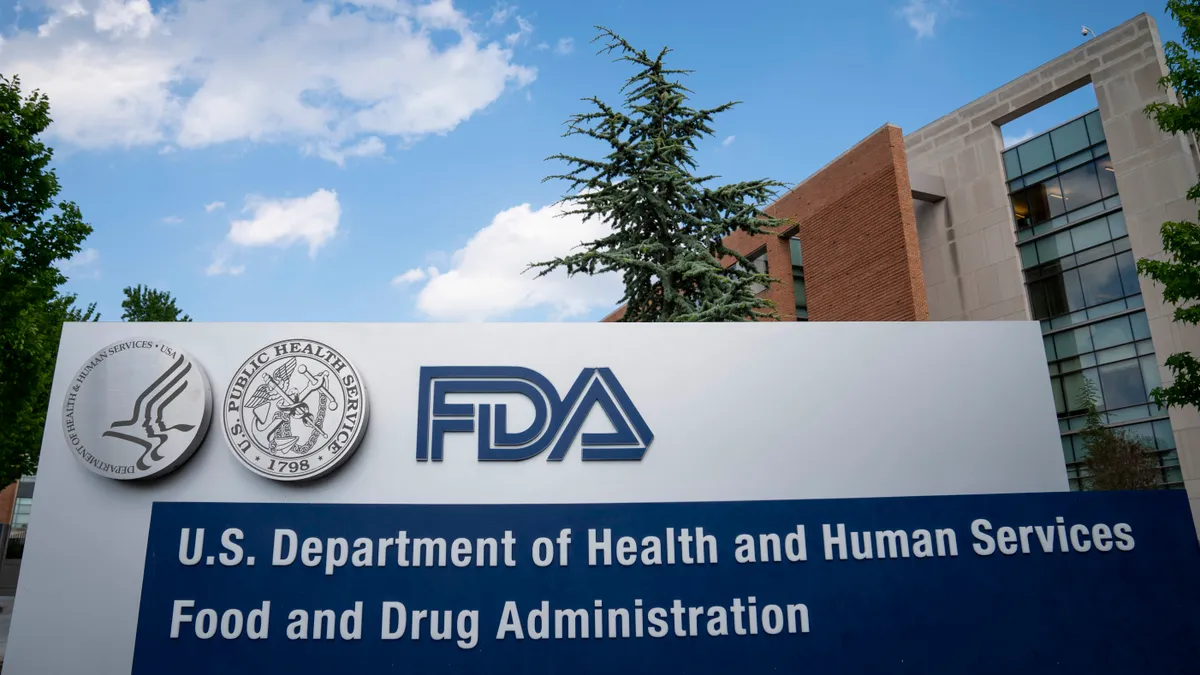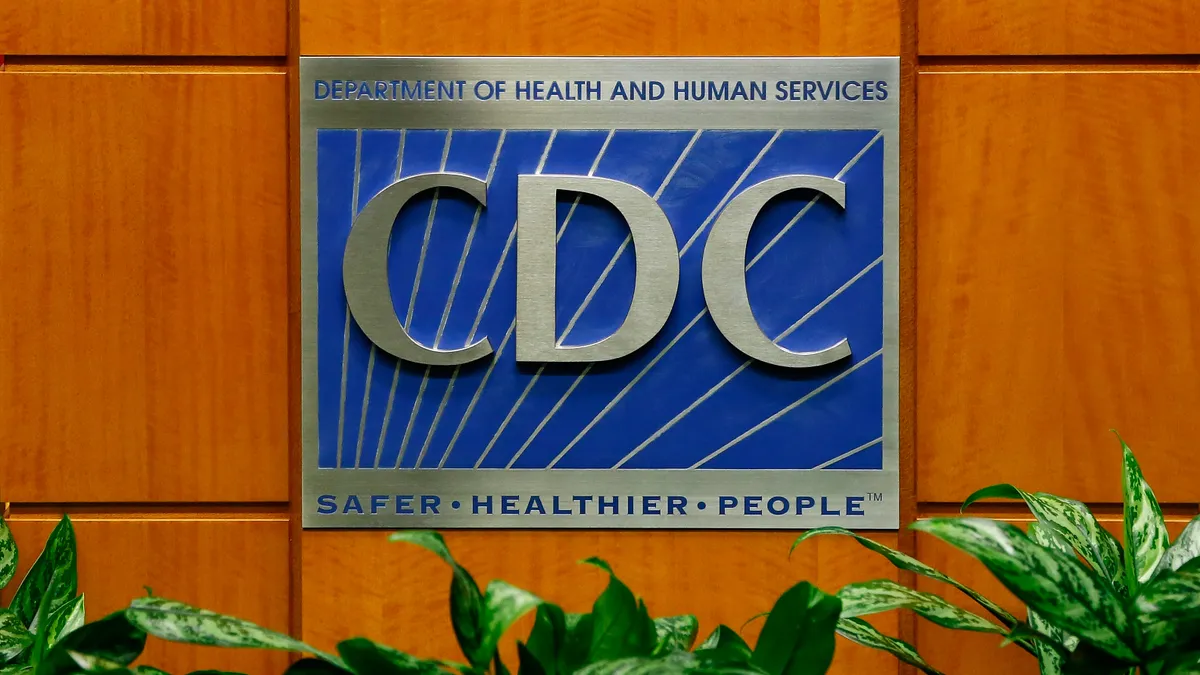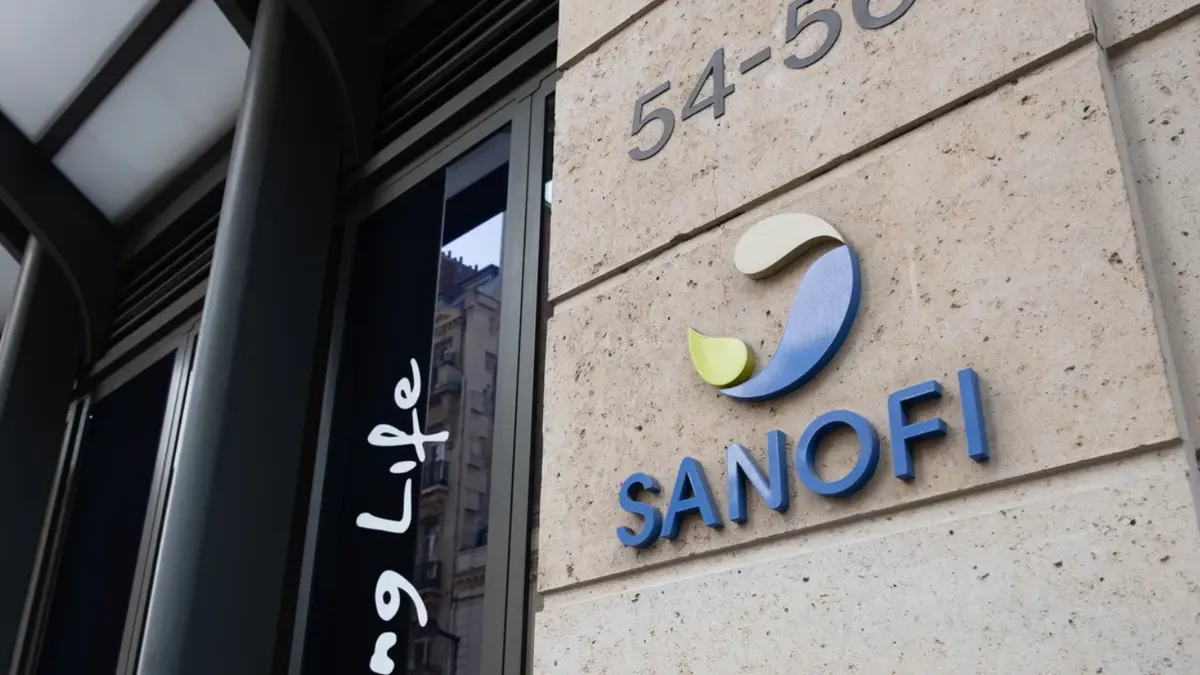To hear Vinay Prasad tell it, U.S. healthcare is too ready to intervene unnecessarily, use prescription drugs without sufficient evidence of their benefit and put patients at risk of side effects or other negative outcomes.
The Food and Drug Administration has, in Prasad’s opinion, leaned too heavily on measures of effectiveness for cancer medicines that don’t help people live meaningfully longer, and cost too much for the benefit they deliver.
Prasad’s views on medicine will be of considerable importance moving forward, after the physician and academic was named the next head of the FDA’s Center for Biologics Evaluation and Research, which oversees vaccines and blood products as well as gene and cell therapy products.
Prasad’s medical specialties are in hematology and oncology, in which he trained and now practices medicine at San Francisco General Hospital. He’s also a prolific researcher, penning hundreds of peer-reviewed papers from professorships at Oregon Health and Science University and the University of California, San Francisco.
His philosophy — laid out in those papers and in often brash and combative social media posts — is likely to have a profound influence on the standards by which CBER evaluates and approves new medicines.
Already, concerns about how CBER’s policies might change under Prasad are sinking the share prices of companies whose products CBER would review. Gene therapy maker Sarepta Therapeutics, mRNA vaccine manufacturer Moderna and cancer cell therapy developer Allogene Therapeutics are among more than a dozen companies that have lost large chunks of their market value since news of Prasad’s appointment.
Prasad’s work has received funding from Arnold Ventures, a foundation pushing for “evidence-based policy solutions” that has also backed the Institute for Clinical and Economic Review, which has developed sometimes controversial cost-effectiveness analyses of new drugs. Prasad also has received personal fees from insurer UnitedHealthcare.
While many of Prasad’s writings are about cancer drugs regulated by the Center for Drug Evaluation and Research, he has been on the record scrutinizing some of the types of products that will fall under his authority at CBER. (He also has a University of California, San Francisco appointment in epidemiology.)
For example, he argued against emergency authorization of COVID-19 vaccines for kids and then, after they were cleared, raised concerns about how well the studies used to support them measured safety risks.
CAR-T cell therapies for cancer, which are regulated by CBER, have also drawn Prasad’s attention. In his view, Bristol Myers Squibb’s Abecma was too costly for a non-curative treatment for multiple myeloma. “It is crucial to question whether non-curative therapies like [Abecma] are worth it,” he wrote in a paper authored with two other researchers.
The FDA doesn’t regulate prices, but as head of CBER Prasad would be in a position to influence approval of therapeutics based on their efficacy as well as push for greater evidence of benefit in drug classes expected to be expensive.
The same could also be true of gene therapies, which are intended to be one-and-done treatments that can either alter or stop disease progression. Prasad was highly critical of the decision by his predecessor, Peter Marks, to approve Sarepta’s Duchenne muscular dystrophy treatment Elevidys because of the limited benefit it showed in placebo-controlled trials.
“Based upon Dr. Prasad's comments, we are concerned that his anti-industry bias may lead to efficacy benchmarks being drawn at too high a level to attract capital for novel biologics,” Cantor Fitzgerald analyst Josh Schimmer wrote in a May 7 note to clients.
Prasad’s academic research also reveals strong views on the use of “surrogate endpoints” in clinical trials. Typically, these are biological signs that can indicate a drug’s potential to deliver meaningful outcomes like improved survival. They are used to support accelerated approvals of rare disease drugs that could come under his review.
A meta-analysis of cancer studies that he conducted found “low or moderate” correlation between surrogate endpoints and overall survival, the gold standard for oncology data. In that analysis, Prasad and his co-authors found that nearly all of the immunotherapy surrogate endpoints had a low correlation to survival.
Other research he conducted found that cancer trials measuring overall survival took only slightly longer than studies using less-demanding endpoints like progression-free survival or response rates. “Whether this tradeoff is beneficial or detrimental to patients deserves further scrutiny,” he and three colleagues wrote.
Prasad has raised quality-of-life questions regarding new cancer treatments, estimating that people with advanced cancer spent 16 more hours per month accessing and receiving treatment for a new drug compared to supportive care. “Time is a valuable resource for people who have cancer, but especially for patients who may have few to no remaining treatment options,” Prasad wrote.
He has challenged pharma companies for moving cancer drugs into so-called adjuvant settings, or those used following surgery or other primary therapies, where the goal is preventing relapses. An analysis he helped conduct concluded that adjuvant treatment costs $1.6 million for each cancer progression event it averts.
Analysts who cover biotechnology companies figure that, at CBER, Prasad’s views will translate into a more stringent regulatory environment for drug development and approvals. Yet he’ll be working for FDA Commissioner Martin Makary, who has expressed support for expediting reviews in certain circumstances, like rare diseases.
“Vinay had a well-documented relationship … with Makary,” Cantor’s Schimmer wrote. “It’s unclear if we should expect Vinay to rock the boat relative to the more streamlined approval pathways that Makary laid out in his plans for the agency.”
























